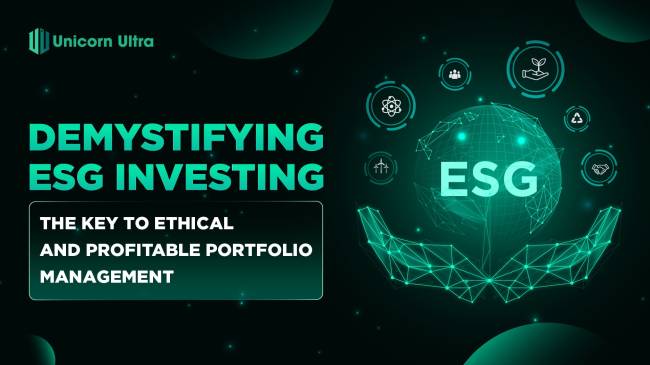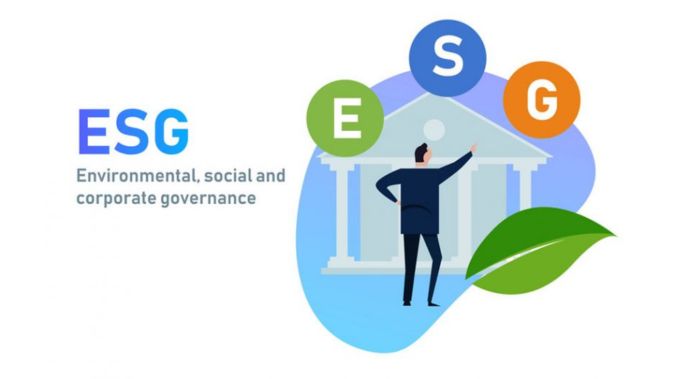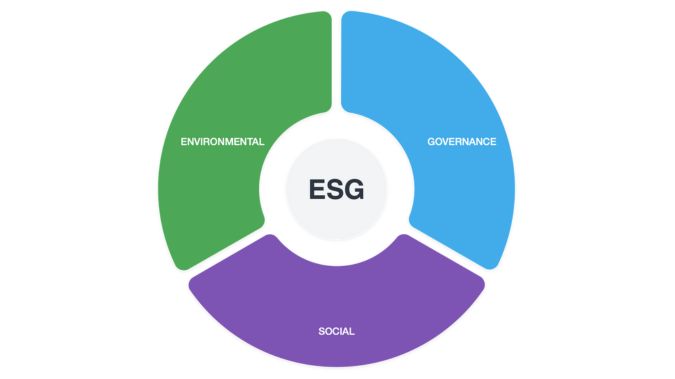In today's investment landscape, environmental, social, and governance (ESG) factors have become crucial considerations for both ethical and profit-driven investors. But what is ESG, and how does it work? In this comprehensive guide, we will delve into the world of ESG investing, exploring its core principles, operational mechanics, evaluation criteria, advantages, disadvantages, and how it differs from sustainable investing. We'll also provide insights on how to identify ESG investments that align with your values and financial goals.
Table of Contents
What Is ESG?
What is ESG? ESG stands for Environmental, Social, and Governance - A set of criteria used to assess a company's performance and impact in these three crucial areas. It serves as a framework for evaluating the sustainability and ethical practices of an organization. ESG investing involves considering these criteria when making investment decisions.

How ESG Works
ESG investing assesses the environmental impact, social responsibility, and corporate governance of a company. This evaluation helps investors gauge whether a business is aligned with their values and principles. ESG factors cover a wide range of indicators, from a company's carbon emissions and labor practices to its board diversity and shareholder rights.
What are the criteria for ESG?
The criteria for ESG investing can vary, but they typically include:
- Environmental Factors: These measure a company's impact on the environment, such as its carbon footprint, water usage, and waste management.
- Social Factors: These assess how a company treats its employees, interacts with the community, and addresses social issues like diversity, labor practices, and human rights.
- Governance Factors: Governance criteria evaluate a company's leadership, ethics, transparency, and adherence to shareholder rights.

Pros of ESG Investing
ESG investing offers numerous advantages, including:
- Alignment with Values: ESG investing allows individuals to invest in companies that reflect their ethical, social, and environmental values.
- Mitigated Risk: Companies with strong ESG practices often exhibit lower risk profiles, making them more resilient in challenging economic conditions.
- Competitive Returns: ESG investments can yield competitive financial returns, proving that ethical investments need not sacrifice profits.
Cons of ESG Investing
While ESG investing is on the rise, it's essential to consider potential drawbacks, such as:
- Limited Diversification: ESG portfolios may have fewer investment options due to strict criteria.
- Performance Variability: ESG investment performance can fluctuate based on changing market conditions and societal trends.
- Scalability Issues: Managing a large ESG portfolio can be challenging due to limited available options and scalability concerns.

How Is ESG Investing Different From Sustainable Investing?
ESG investing and sustainable investing are often used interchangeably, but they have distinct differences. Sustainable investing seeks to promote long-term sustainability across various sectors and industries, while ESG investing specifically evaluates companies based on environmental, social, and governance factors. Sustainable investing may include broader approaches like impact investing or socially responsible investing.
How Can You Find ESG Investments?
Finding ESG investments that align with your values requires research and diligence. Here are some steps to consider:
- Define Your Values: Clarify your ethical priorities to guide your investment choices.
- Consult ESG Ratings: ESG rating agencies assess and score companies based on their ESG performance. Review these ratings to identify potential investments.
- Utilize ESG Funds: ESG-focused mutual funds and exchange-traded funds (ETFs) are readily available, making it easier to diversify your portfolio.
- Seek Professional Guidance: Consult with financial advisors experienced in ESG investing for personalized recommendations.
Conclusion
ESG investing represents a pivotal shift in the world of finance, with a growing number of investors incorporating ethical, social, and environmental considerations into their portfolios. Understanding what is ESG, its criteria, benefits, and drawbacks is crucial for those interested in building portfolios that reflect their values while aiming for competitive financial returns. As the ESG landscape continues to evolve, the future of ethical investing is indeed bright, promising both a cleaner planet and the potential for a more sustainable financial future. Follow https://u2u.xyz/ for more blockchain updates.






